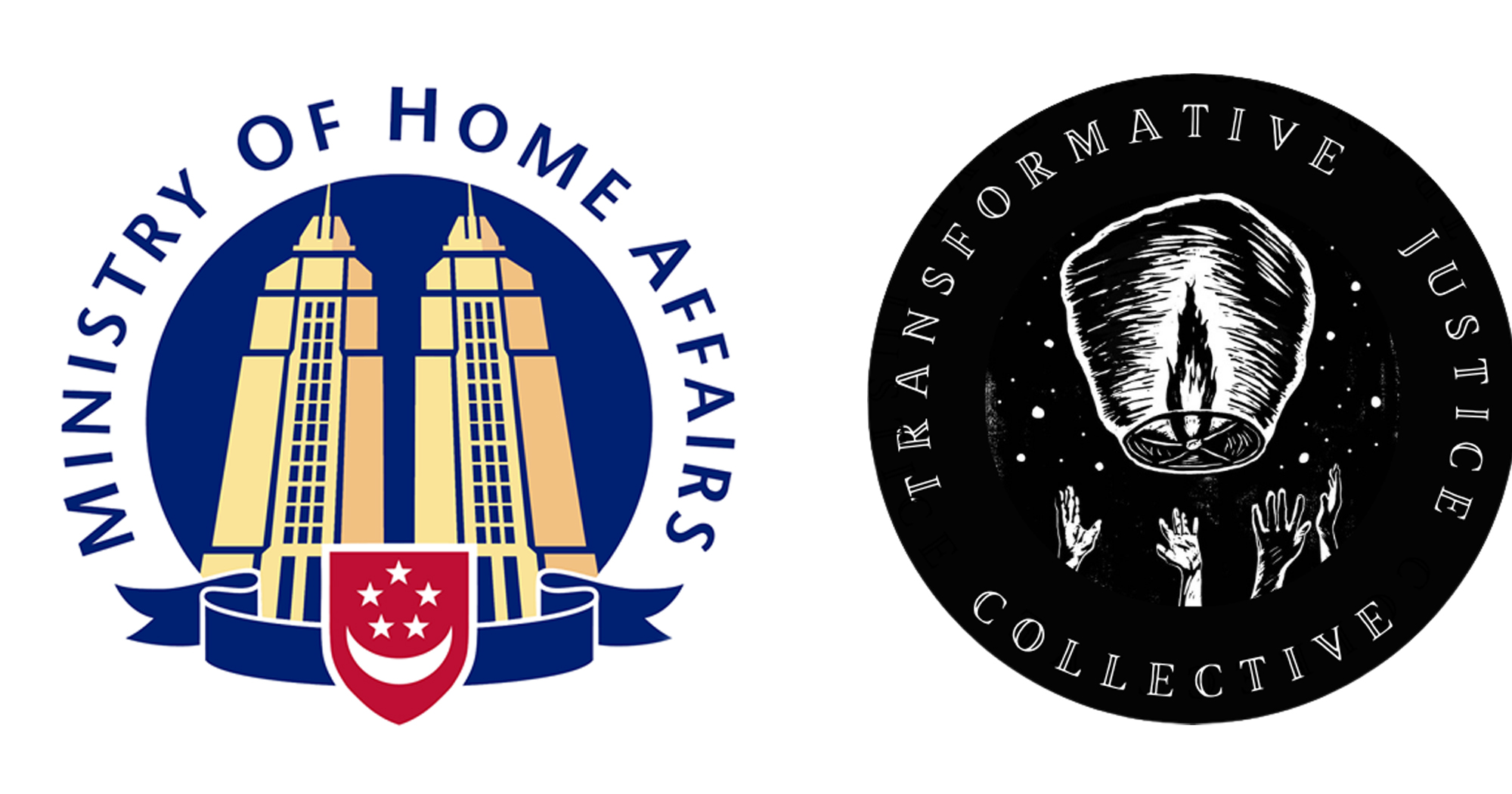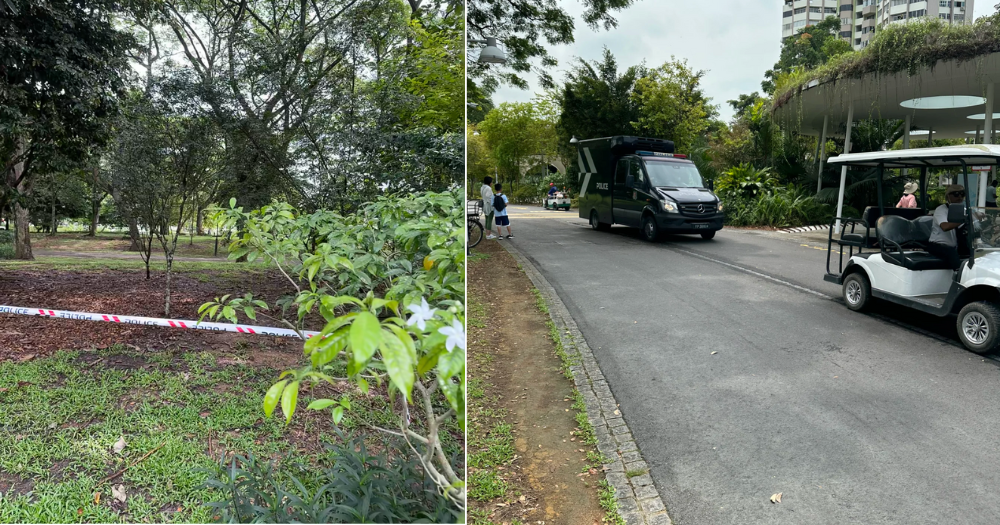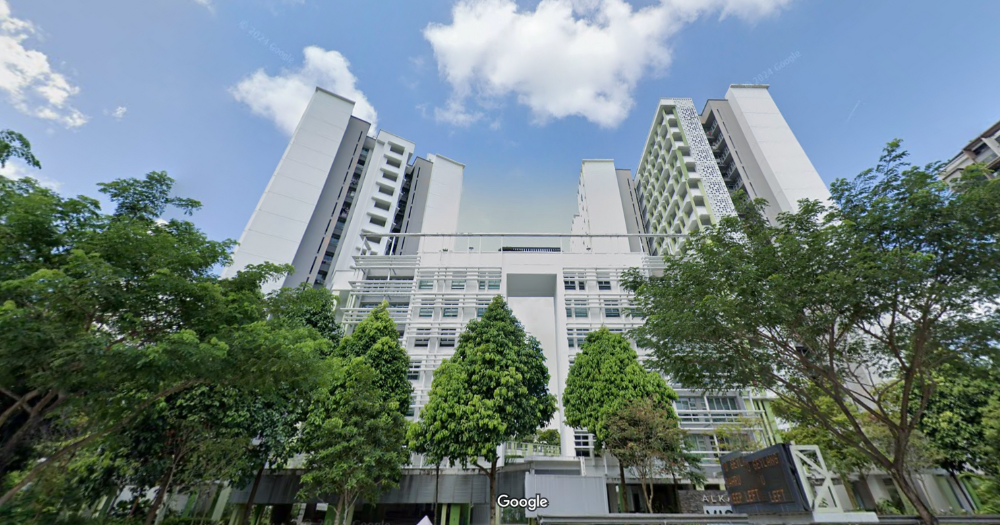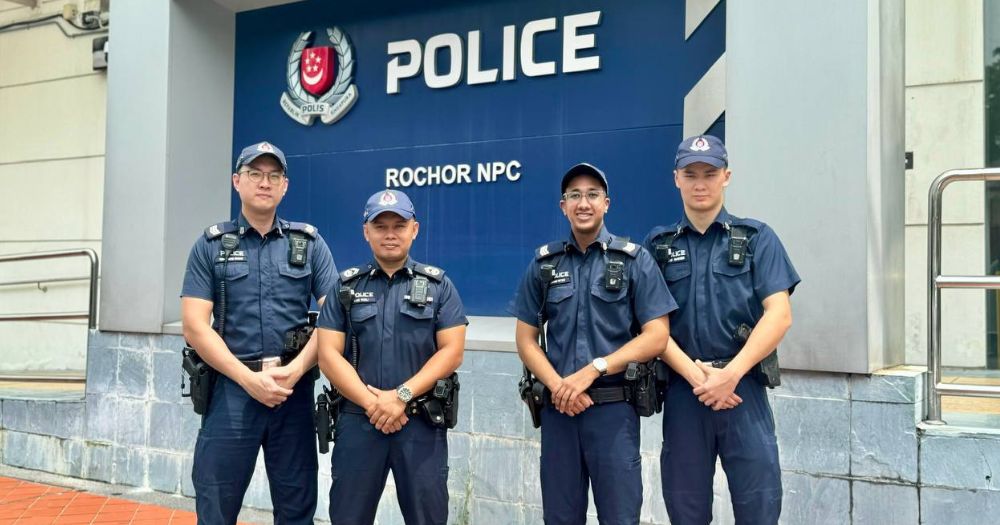POFMA order issued to activist group for false statements on legal processes for death row prisoners
This is the third time that a correction directive has been issued to Transformative Justice Collective.

A Protection from Online Falsehoods and Manipulations Act (POFMA) Office has issued a correction direction to the Transformative Justice Collective (TJC) about an article published on its website on Oct. 2.
The Ministry of Home Affairs (MHA) wrote in a statement that it is aware of false statements of fact concerning the legal processes for prisoners awaiting capital punishment (PACPs) and the prosecution of drug trafficking charges in relation to Mohammad Azwan bin Bohari.
Posts were also made by TJC on their Facebook, Instagram, TikTok and X pages on Oct. 2.
This means that TJC will be required to carry correction notices on its website and alongside its Facebook, Instagram and X posts, and create a new TikTok post containing a correction notice.
TJC has previously been issued correction directions on Aug. 8 and 11 respectively.
Similar false claims were made on one Kokila Annamalai's Facebook page.
She will similarly be required to carry the correction notice on her Facebook and X posts.
Falsehoods
MHA noted that the publications made false statements that:
- The Government schedules and stays executions arbitrarily and without regard for due legal process
- The State does not bear the legal burden of proving a drug trafficking charge against the accused person
Clarifications
MHA clarified that an execution will only be scheduled when a prisoner has exhausted all rights of appeal and the clemency process in relation to his or her conviction and sentence.
They noted that Azwan was sentenced to five years in jail and five strokes of the cane for trafficking methamphetamine and diamorphine in 2009.
He was also convicted for consumption of methamphetamine and morphine, and possession of cannabis, cannabinol derivatives and diamorphine.
He was released in October 2014.
In October 2015, he was arrested for drug trafficking again, and was accorded due legal process in this new drug trafficking charge.
On Feb. 11, 2019, Azwan was sentenced to death for possessing not less than 26.5 grammes of diamorphine, also known as pure heroin for the purpose of trafficking.
This is almost two times the amount that would attract the death penalty as stipulated in the Misuse of Drugs Act 1973 (MDA).
The Court of Appeal dismissed his appeal on Oct. 24 in the same year.
Azwan was a joint applicant with other PACPs in three legal proceedings, but these were dismissed as they were found to be unmeritorious.
His appeals for clemency were denied by the President on Mar. 23, 2020 and Jun. 15, 2022 respectively.
On Apr. 12, 2024, Azwan was informed that he was scheduled to be executed on Apr. 19.
At that point, he was only involved in one pending court application, also known as a LASCO application, where he and other PACPs sought a declaration that the policy of not assigning LASCO counsel for post-appeal applications was unconstitutional. The LASCO application did not seek a stay of execution.
On Apr. 16, he filed a Criminal Motion seeking a stay of execution on the basis that he was involved in the LASCO application.
On Apr. 17, the Court of Appeal ordered a stay of execution pending the result of the LASCO application.
The LASCO application was struck out by the High Court on May 20. The subsequent appeal by Azwan and the other PACPs was dismissed by the Court of Appeal on Sep. 9.
On Sep. 19, Azwan, along with 30 other PACPs filed a civil application challenging the constitutionality of certain provisions introduced under the Post-appeal Application in Capital Cases Act.
The application had no bearing on his conviction or sentence, and did not ask for a stay of execution.
On Sep. 30, Azwan was notified that he was scheduled to be executed on Oct. 4.
On Oct. 1, he filed another application for a stay of execution. One of the basis of filing the application was that the civil application was still pending, and that he intended to file a review application against his conviction after the latter had been determined by the court.
On Oct. 3, his application for the stay of execution was dismissed.
In its judgment, the Court of Appeal stated that Azwan’s “intended review application [had] no prospect of success whatsoever and there [was] no basis for the Court to stay his execution to await the outcome" of the civil application, and that “[n]othing [had] been raised which would call into question the correctness of the applicant’s conviction and sentence”.
MHA added that the prosecution always bears the legal burden of proving its case against an accused person beyond a reasonable doubt. This also applies to offences under the MDA, including drug trafficking.
They noted that Azwan's statements to officers from the Central Narcotics Bureau (CNB) confirmed that the drugs that he had were meant for sale, and did not dispute that the drugs found in his possession belonged to him.
However, he denied that all of the drugs were for the purposes of trafficking, stating that he was a drug addict and would normally set aside 50 per cent of the drugs he obtained for his personal consumption, and the other 50 per cent for sale to earn monies to feed his drug habit.
The High Court found his statements contradictory.
MHA said:
It is also noteworthy that TJC had chosen to highlight the drug trafficker’s side of the story, while ignoring the fact that he had committed the crime for personal financial gain and disregarded the harms he would cause to his victims — the drug abusers and their loved ones.
Top photo from MHA
MORE STORIES



















